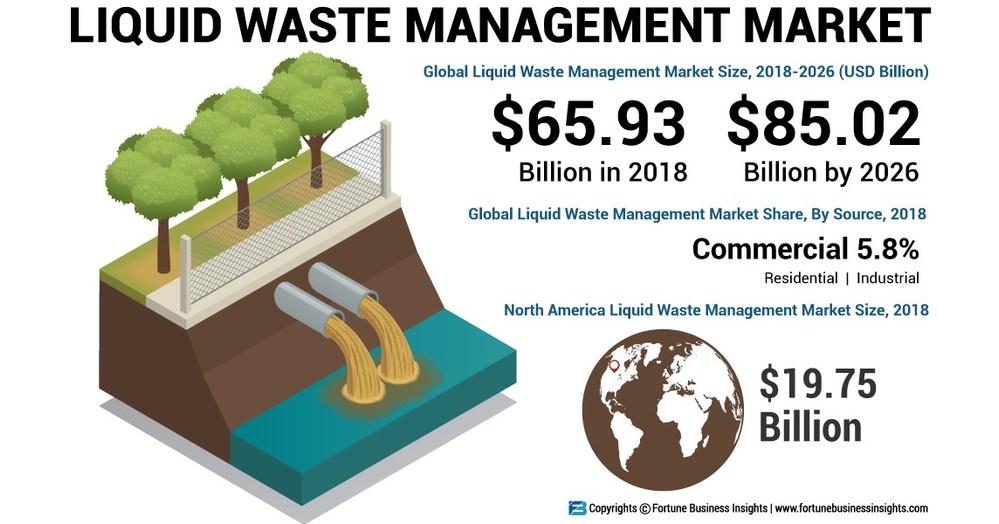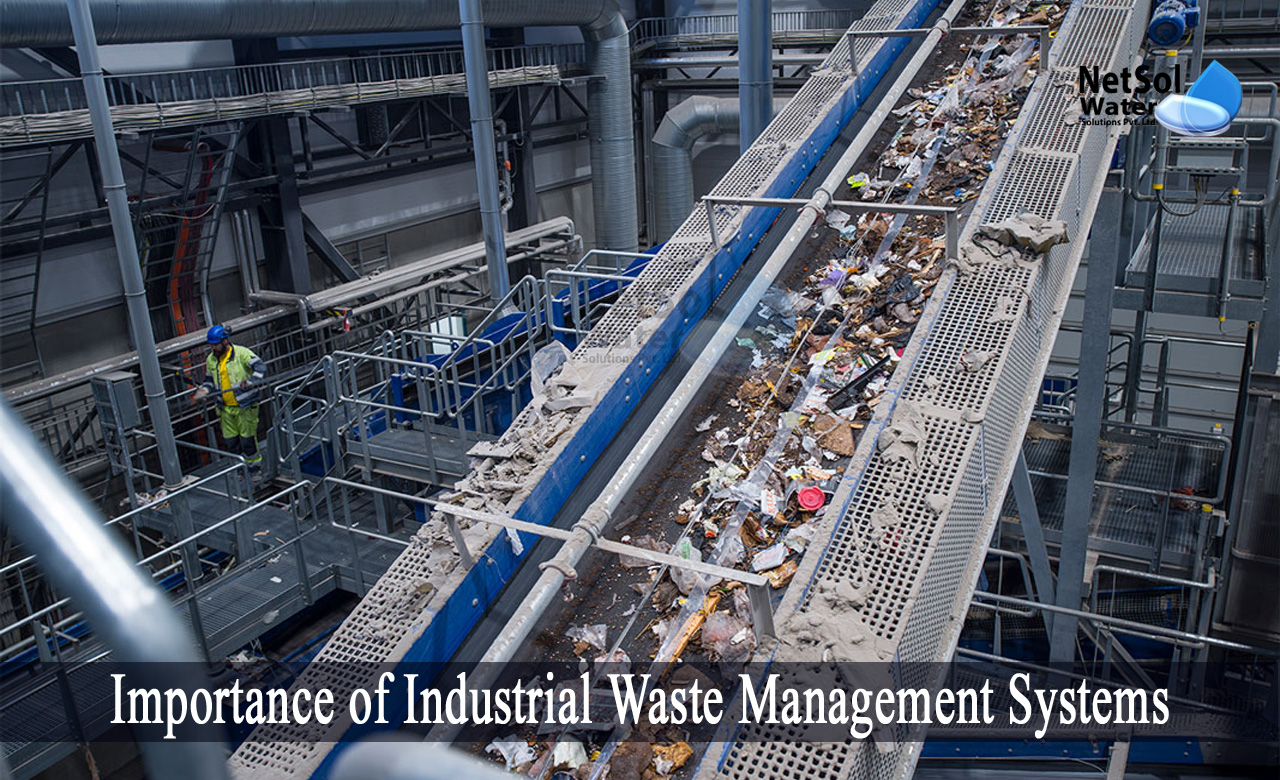All about Reclaim Waste
All about Reclaim Waste
Blog Article
The Facts About Reclaim Waste Revealed
Table of ContentsAll About Reclaim WasteReclaim Waste for DummiesThe Ultimate Guide To Reclaim WasteA Biased View of Reclaim WasteNot known Details About Reclaim Waste
Explore the kinds, events, and types of liquid waste. Residential sewage waste describes the waste and products from a domestic septic system. This kind of waste is produced by human beings in homes, schools, and various other buildings. This only consists of septic tanks that have a drainpipe field. The proper monitoring and disposal of domestic sewer waste require fluid waste to be transferred to a sewer treatment plant where the appropriate methods and devices are related to cleanse and get rid of waste.
Business waste frequently consists of possible risks, such as combustible materials or a blend of fluid and solid waste products, and needs an advanced and detailed disposal procedure. The disposal of industrial waste usually involves the purification of waste before transportation to make certain secure and appropriate disposal. Hazardous waste is developed from results and runoff of industrial processes and production.
This type of waste can not utilize the very same sewer monitoring transport or processes as septic or commercial liquids. The industrial waste management process requires the evaluation and testing of liquid waste before it undergoes the disposal process (liquid waste removal). Overflow waste is the fluid waste that originates from runoff and excess stormwater in extremely populated areas or cities
Overflow waste can cause contamination and flooding if not dealt with correctly. Find out more regarding sewer cleaning and waste management. Ensuring proper waste monitoring can prevent catastrophes and decrease ecological injury. Both people in residential settings and professionals in commercial or manufacturing markets can gain from understanding the procedures and laws of fluid waste management.
Getting The Reclaim Waste To Work
Contact PROS Solutions today to find out regarding our waste monitoring and disposal services and the appropriate means to take care of the fluid waste you produce.
(https://www.pubpub.org/user/leon-aube)This supposed 'wastewater' is not just a crucial source however, after therapy, will be launched to our land, rivers or the ocean. Used water from commodes, showers, baths, cooking area sinks, laundries and industrial procedures is known as wastewater.

water utilized to cool machinery or clean plant and devices). Stormwater, a form of wastewater, is overflow that moves from agricultural and metropolitan locations such as roofings, parks, yards, roads, courses and rain gutters right into stormwater drains, after rain. Stormwater flows unattended straight to regional creeks or rivers, ultimately getting to the ocean.
Reclaim Waste Can Be Fun For Everyone
In Queensland, many wastewater is dealt with at sewer therapy plants. Wastewater is transported from domestic or industrial sites through a system of sewers and pump stations, known as sewerage reticulation, to a sewer treatment plant. City governments construct, keep and run most sewer treatment plants. Operators are certified under the Environmental Security Act 1994 to discharge treated wastewater at an acceptable environmental standard into waterways.
The Division of Natural Resources suggests city governments regarding managing, operating and maintaining sewage systems and therapy plants. In unsewered areas, regional governments may call for owners to set up individual or house sewer treatment systems to deal with residential wastewater from toilets, kitchens, bathrooms and washings. The Department of Natural Resources authorises using family systems when they are shown to be effective.
In some brand-new neighborhoods, therapy of some stormwater to remove clutter, sand and gravel has actually started utilizing gross toxin traps. Wastewater therapy occurs in 4 phases: Eliminates strong issue.
Wastewater then moves into big containers where solids work out and are gotten rid of as sludge. Grease and scum are skimmed from the surface area. Uses small living microorganisms understands as micro-organisms to damage down and get rid of remaining dissolved wastes and great particles. Micro-organisms and wastes are incorporated in the sludge. Gets rid of nitrogen and phosphorus nutrients that might create algal blooms in our rivers and threaten aquatic life.
Reclaim Waste - Questions
Nutrient elimination is not readily available at all sewer therapy plants because it requires expensive specialized devices. Clear fluid effluent produced after therapy might still include disease-causing micro-organisms - liquid waste disposal melbourne.

Most wastewater moves into the sewerage system. Under the Act, local federal governments carry out authorizations and licences for ecologically appropriate tasks (ERAs) entailing wastewater launches that may have a local effect.
Some Known Details About Reclaim Waste
Otherwise, samples are considered laboratory evaluation. Commonly numerous examinations are required to develop the degrees of each of the various contaminants such as oils, hefty metals and chemicals in water. Surveillance provides factual information about water high quality and can verify that licence problems are being met. The details obtained via surveillance offers the basis for making water quality choices.
Report this page